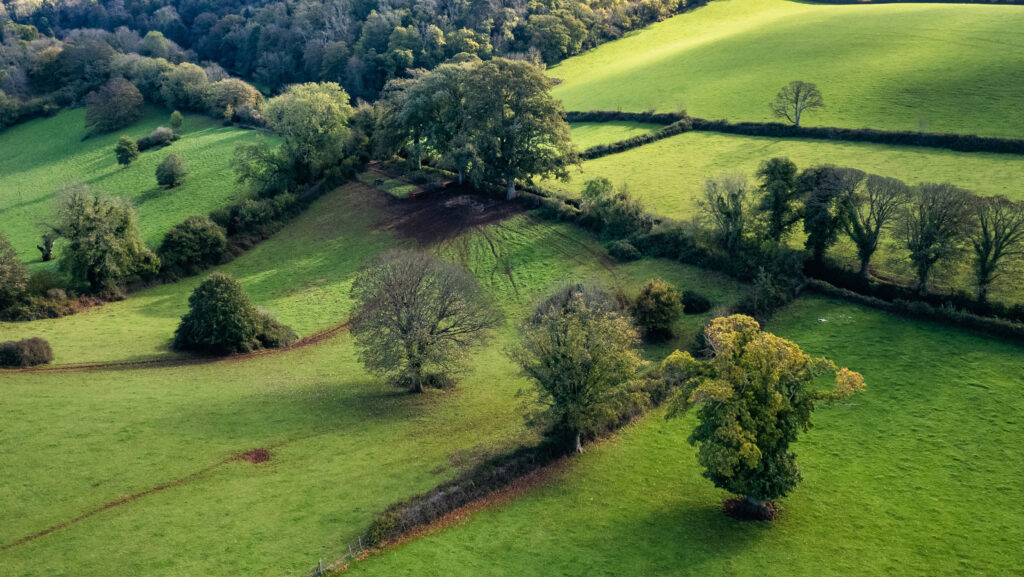Opinion: Build fairness in farming from the bottom up
 © Adobe Stock
© Adobe Stock The oddest whinge I received about my last column was that it was easy for me to be opinionated because I don’t rely solely on farming for my income.
This is true. I think it would be much fairer if I had 500 acres and could work full-time at farming. If we took all the land and redistributed it among everyone equally, that would be a good start, right?
See also: Opinion – farmers need a new mindset and sense of purpose
Like much complaining about unfairness, it’s also nonsensical. There’s a subset of farmers who like to point the finger at retailers, bleating that if supermarkets only paid fairly, everything would be OK.
Subsidies would go, silly regulations wouldn’t be needed, and we could all finish work at 5pm. Simple. And delusional.
Glossing over the fact that retailers only account for about half of food spend in the UK anyway, the real question is this: if we want to make farming “fair”, which farmers should it be fair for?
Should farmers who pollute and exploit nature be paid the same as the most regenerative systems?
Should the most intensive producers, with the lowest costs of production, be paid the same as the most extensive, with the highest costs? In both cases, clearly not.
Fairness is subjective, but to be relevant it has to be defined objectively, so one person’s leg up is someone else’s penalty.
We can’t all be equal, but there are arguments for equity, such as identifying and rectifying market failures to ensure viable businesses don’t go bust for reasons beyond their control.
The function of a mature government is to create the conditions for people to thrive, and equity is part of that.
Environmental Land Management is pitched as a more equitable system than the Basic Payment Scheme, as farmers in England will get paid for work done in environmental delivery.
But it’s still not fair, because small and remote farms don’t have the same opportunities.
Farms may be comparably well supported with tax reliefs and property rights already, but all farmers are entitled to a basic standard of living and acceptable business risk.
Targeted support to sustain viable rural businesses will be justified as long as the current consumer economy, which is fuelled by cheap food, limps on.
The real answer to fairness could lie in something like a universal basic income for farmers, as others have recently suggested.
If your personal income was secure but coupled to producing food, smallholders and market gardens would proliferate, bringing health and rural vibrancy at affordable prices to all.
We need more farmers producing real food, not just for the current monoculture to be better off.
We are, however, increasingly polarised between those who think that any form of support is a distortion, and that only the fittest should survive, and those who think it’s a travesty that human, ecological and cultural value is ignored in the free market quest for price and efficiency.
Between these extremes is a story of people sustaining nature so it continues to meet our needs to eat, drink and be happy. In the din of blame and finger-pointing, we mustn’t lose sight of that.
Meaningful fairness (for all) will need vision and broad political consensus to achieve.
For now, our best bet is to crack on using the tools we already have available, such as co-operatives and collaboration, to build something better from the bottom up.

